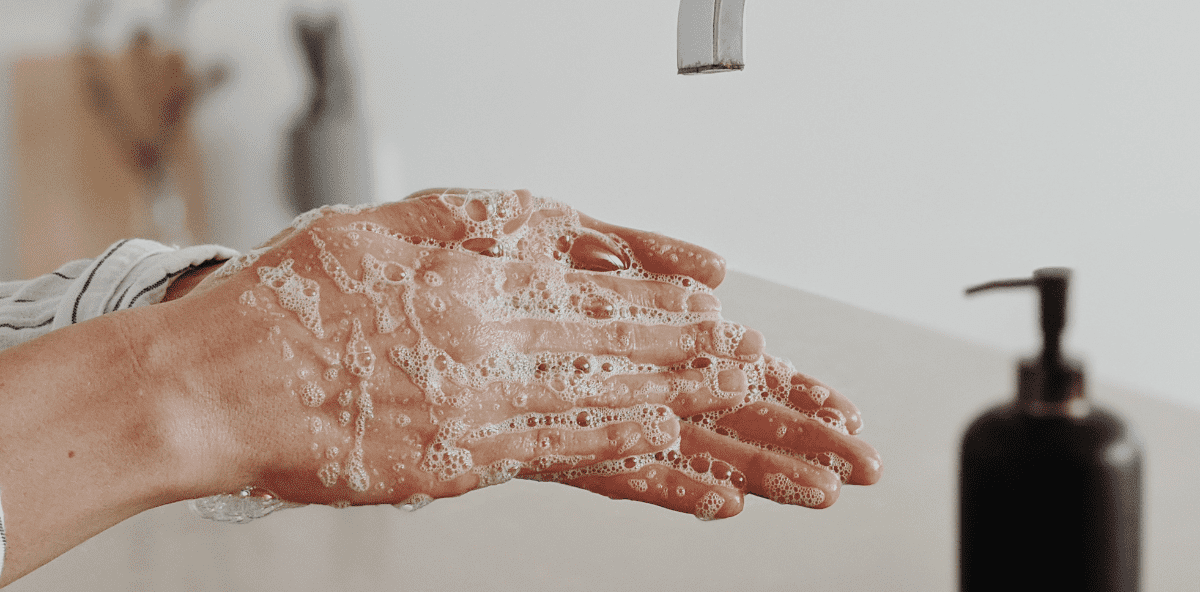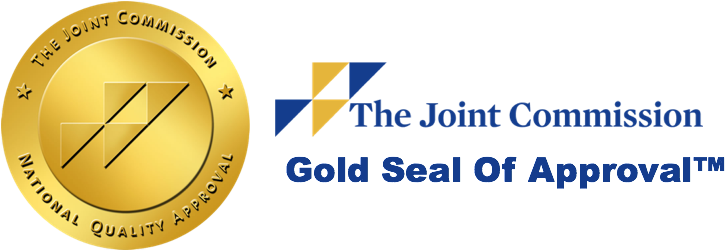When someone has obsessive-compulsive disorder (OCD), they experience cycling thoughts that lead to compulsive behaviors such as repetition and cleaning. When someone has severe OCD, it can take over their lives and put them in a continued pattern of self-destruction.
The Roots of OCD
For most people, OCD has its origins in childhood. When a child is subjected to trauma at a young age, they will often internalize it and, as they get older, will start showing signs of OCD. Some children may first cocoon themselves, while others may find some type of solace in illicit substances. In either case, it is important for treatment purposes that the actual roots of trauma are found and explored.
Treating OCD in Young Adults
When it comes to treating young adults with OCD, it is important to remember their vulnerabilities. The goal of any treatment program is to address issues and help a person confront their OCD at the most basic levels. This means the individual needs to do the following:
- Admit that there is a problem
- Understand that people want to help
- Commit to a program
- Believe in themselves
These are by no means easy tasks for a young adult to grasp, especially for one who has been mistreated in one or more situations and possibly by multiple people. Their trust must be earned and; with the right program, it can be.
The ideal inpatient program will offer the following pieces that, when brought together, have a better chance of helping a young person through the ordeal of recovery:
Relatable Staff
The first thing young adults need is a staff they can relate to without them thinking that they are in any way disingenuous. There are hundreds of mental health professionals that are adept at their craft but cannot relate to people under a certain age. Only a select few have the skill, likeability, and friendliness to be considered trustworthy and true confidantes.
Group Therapy
It is important for young adults with OCD to find kinship with others like them. In group therapy, they will meet people in their own age bracket who have similar trauma. It is important to remember that without these other people to learn from and grow with, the healing process will often have a lesser effect. The idea is to learn from each other, share experiences, and ultimately reach the point of feeling that their condition has been largely treated.
Exposure and Response Prevention
For people with OCD, there comes a point where they must face their issues head-on. That is where exposure and response prevention (ERP) comes into play. The goal of this treatment is to gradually expose someone to the very thing that upsets them. It is meant to show individuals that what they fear does not need to control their lives. They are stronger and, through therapy and treatment, will find ways to endure.
Cognitive-Behavioral Therapy
Cognitive-behavioral therapy (CBT) is utilized for OCD for a number of reasons. The chief among them is that it helps people develop coping skills that can be used long after treatment. CBT will show people struggling with OCD ways to change their modes of thinking, behaviors, and problematic emotions. Often, these individuals will be given tasks outside of normal therapy to practice these new skills.
Medication-Assisted Treatment
With the variety of treatments being administered during a typical recovery program, a person may also be prescribed medication, called medication-assisted treatment (MAT). This will lessen some of the overarching anxiety that accompanies OCD. It will allow the individual some respite in an effort to help concentrate on the treatment program. Medication will often continue to be utilized following inpatient treatment as an ongoing treatment tool.
How The Phoenix Recovery Center Can Help
At The Phoenix Recovery Center, we are firm believers in treating each person as an individual. We do this through initial assessments and discussions with the incoming patient and, often in the case of young adults, their families.
It is our belief that through our various programs, a person can find the treatment they need. We offer a variety of programs, including:
- Residential Program
- Partial hospitalization day program
- Intensive outpatient program
- General outpatient program
Not every person requires each of these programs, but we know that some will transition through them depending on their specific case.
When anyone enters our program, young adults included, we make sure that they are treated properly and that they feel comfortable in their surroundings. Our new facility features up-to-date residential areas that rival those found anywhere else. With our knowledgeable staff, we are ready to help with whatever issues are affecting you. At The Phoenix Recovery Center, your mental health is our top priority. For more information, contact The Phoenix Recovery Center today at (801) 438-3185.







